Blog
-
 6 March 2023
6 March 2023Data Doesn’t Support IFC/MIGA’s Remedy Proposal
On February 21, IFC/MIGA published a “Proposed Approach to Remedial Action” that failed to introduce any meaningful changes to current policies. Strangely, the proposal also didn’t present any data to back up its claim that existing practices are sufficient for enabling remedy. This article analyzes publicly available data from cases to IFC/MICA’s accountability mechanism to determine that current practices are in fact inadequate and should be reformed. -
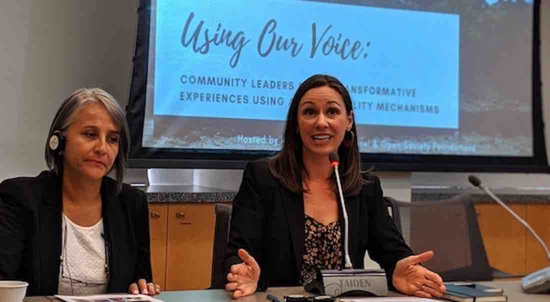 2 March 2023
2 March 2023Farewelling our Founder: Recognizing Accountability Counsel’s Natalie Bridgeman Fields
Our extraordinary founder, Natalie Bridgeman Fields, has made the difficult decision to resign as Executive Director of Accountability Counsel. Natalie is a powerful force, and we will miss her inspiring, values-centered leadership and her relentless commitment to speak truth to power. -
 22 February 2023
22 February 2023Accountability Counsel Comments on Proposed Updates to the OECD Guidelines
The OECD Guidelines for Multinational Enterprises have been a strong tool for promoting responsible business conduct and environmental, social, and human rights due diligence, but they are now due for an update to ensure alignment with international normative and legal instruments. In February 2023, Accountability Counsel submitted comments to urge updating the Guidelines to maintain their relevance and improve their effectiveness. -
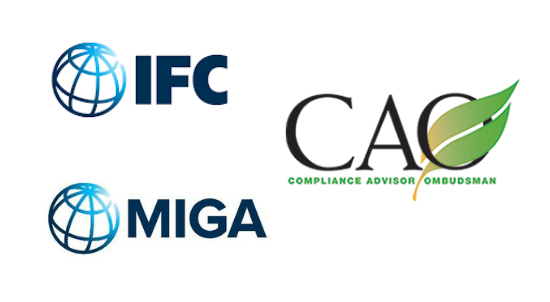 22 February 2023
22 February 2023Joint CSO Statement Calls on IFC and MIGA to Strengthen its New Approach to Remedial Action Policy
Accountability Counsel joins an alliance of civil society organizations to assert that a newly released proposal on remedial action by the International Finance Corporation (IFC) and the Multilateral Investment Guarantee Agency (MIGA) falls short of expectations and fails to provide a comprehensive plan for delivering remedy to affected communities. If IFC… -
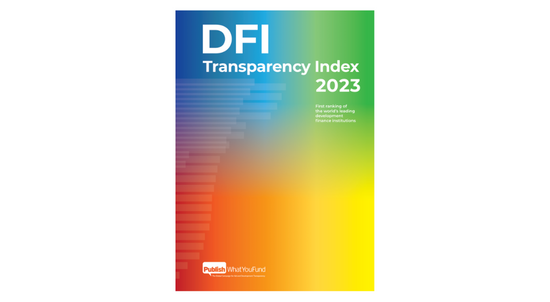 27 January 2023
27 January 2023DFIs Are Not Transparent and This Hurts Local Communities
This week, Publish What You Fund, launched its first DFI Transparency Index, the culmination of years of work to ensure that development finance institutions (DFIs) are transparent to stakeholders. The overwhelming conclusion of this year’s Index is that DFIs are largely not transparent, and this needs to improve. We have seen the devastating impacts of the lack of disclosure of information of DFI activities to affected communities and call on DFIs to respond to the Index by increasing their transparency and accountability to those most affected by their activities. -
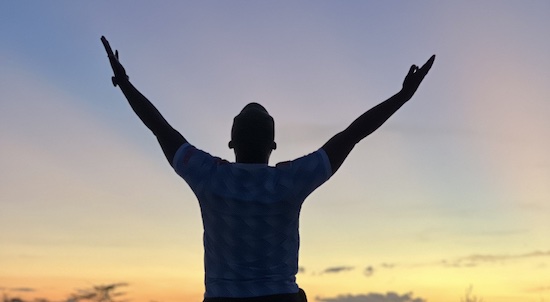 24 January 2023
24 January 2023What’s rest got to do with it? The confessions of a recovering workaholic
This year marks seven years of my work in the human rights space. Throughout these years, my work has been fulfilling in so many ways – and I have also struggled so much with regard to rest, recovery, and unplugging. -
 23 January 2023
23 January 2023A Welcome Update for the United Nations Development Programme’s (Sort of) Independent Accountability Mechanism
A confounding trend of institutional defensiveness against Independent Accountability Mechanisms means that every review of an IAM policy risks resulting in weakened rather than improved tools for accountability. With this in mind, Accountability Counsel and endorsing organizations wrote to the United Nations Development Programme’s Social and Environmental Compliance Unit to commend certain proposed updates to its operational guidelines, as well as to challenge fundamental issues that stand to undermine its effectiveness for communities and the UNDP alike. -
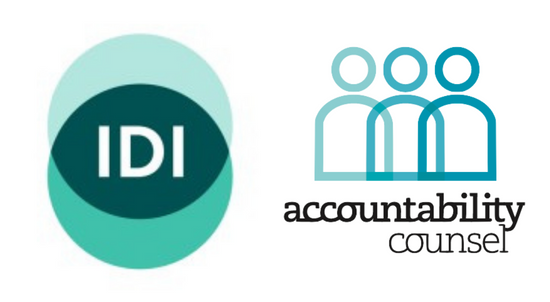 19 January 2023
19 January 2023Accountability Counsel and Inclusive Development International advise on new Chinese-led accountability mechanism for the mining sector
As the first mechanism of its kind established by a Chinese industry association, the Responsible Critical Mineral Initiative’s new accountability mechanism has the potential to be a significant advancement in the corporate accountability landscape. -
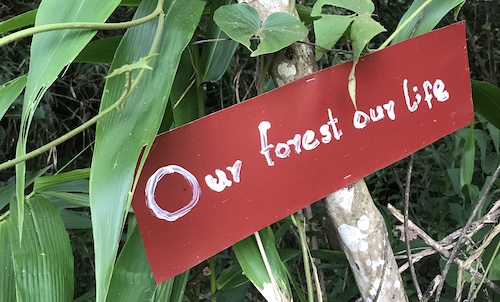 4 January 2023
4 January 2023WWF’s Ombudsperson Office: A Crucial Step Towards Accountability, but Challenges Remain
Accountability Counsel along with 15 other organizations and individuals submitted comments on the WWF’s new accountability framework aimed towards strengthening the independence, transparency, and credibility of the Ombudsperson Office. -
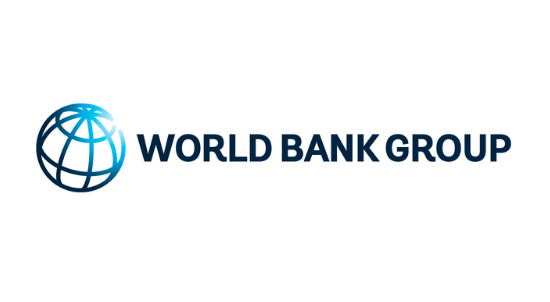 12 December 2022
12 December 2022New World Bank Accountability Procedures Include Improvements
In early December 2022, the World Bank Accountability Mechanism, which offers a dispute resolution process to address allegations of environmental and social harm, and the Inspection Panel, which determines the eligibility of cases and conducts compliance investigations into such harm, each published new operating procedures. Accountability Counsel, along with 56… -
 6 December 2022
6 December 2022“Justice Delayed is Justice Denied,” Understanding Community Harm 7: Labor
In this month’s edition of the Console Newsletter, Research Fellow Anthony Williams continues our series in understanding community harm through their article about labor issues in complaints to IAMs. Representing five percent of all complaints, labor issues raise concerns about violations of appropriate labor standards related to the project, including issues regarding compensation, workplace conditions, retaliation, and child or forced labor. -
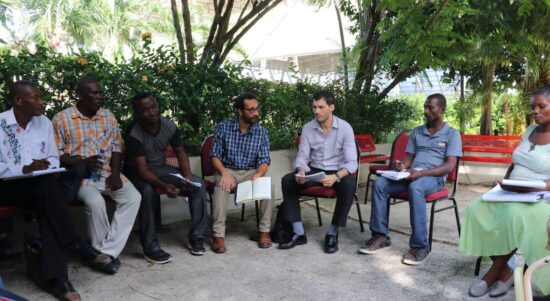 7 November 2022
7 November 2022How Should IAMs Choose Mediators?
Mediators are impartial third parties who help facilitate the dispute resolution process. Given the significant power imbalance between communities and bank clients, a mediator’s role in an IAM dispute resolution process is often critical to reaching an agreement. -
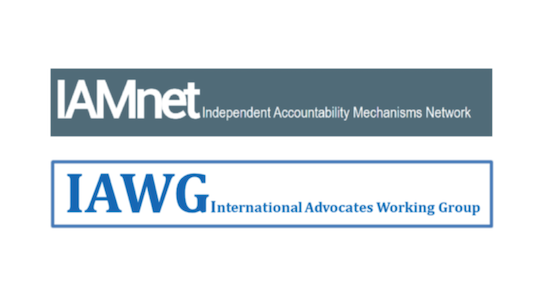 1 November 2022
1 November 2022IAMs and CSOs Discuss the Next Generation of Accountability Mechanism Reforms
Accountability Counsel led the International Advocates’ Working Group in coordinating CSO Day at the 19th annual meeting of the Independent Accountability Mechanism Network. Participants gathered in New York and virtually to discuss the continued evolution of accountability mechanisms in key areas, including monitoring, addressing reprisals, and facilitating remedy for project-affected communities. -
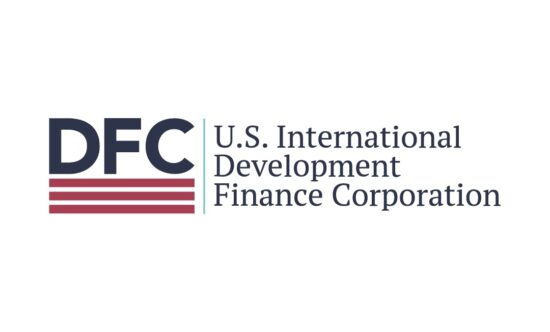 6 October 2022
6 October 2022Accountability Counsel Files Brief Demanding Open Public Meetings at DFC
Accountability Counsel, supported by EarthRights International, filed an amicus brief to the D.C. Circuit Court of Appeals to support transparency and stakeholder engagement at the U.S. International Development Finance Corporation (DFC). The brief argues against the DFC’s decision to exempt itself from the Government in the Sunshine Act, which requires federal agencies to open their meetings to the public. We highlighted the importance of transparency and stakeholder engagement in decision-making for project-affected communities and their advocates. -
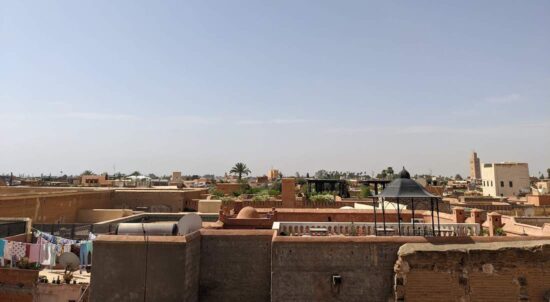 3 October 2022
3 October 2022What Happens When Development Goes Wrong in the MENA? Part 2
We spent months investigating why complaints in the Middle East-North Africa fall short and what can be done to improve accessibility and efficacy of IAMs for impacted communities, in the MENA and beyond. -
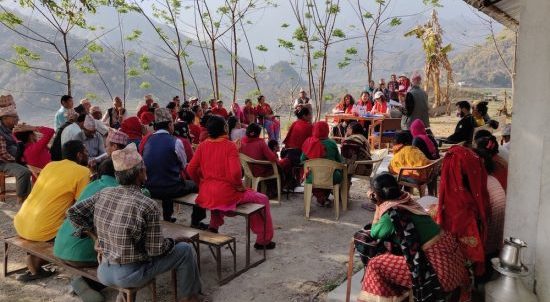 19 September 2022
19 September 2022Nepal: UN Experts sound the alarm on violations of indigenous peoples’ rights and call for respect of the right to Free, Prior and Informed Consent (FPIC) in the development of Marsyangdi Corridor Transmission Line Project
FPIC & Rights Forum, LAHURNIP, and Accountability Counsel released a statement to welcome the letters from the UN human rights experts who expressed serious concerns about ongoing human rights violations and retaliations against indigenous communities and members of FPIC and Rights Forum in Lamjung District, Nepal. -
 16 September 2022
16 September 2022Recommendations to Improve The World Bank’s Accountability Process From 57 Civil Society Organizations
Accountability Counsel, along with 56 other organizations, submitted recommendations for making the World Bank’s accountability process more effective for communities harmed by World Bank projects. -
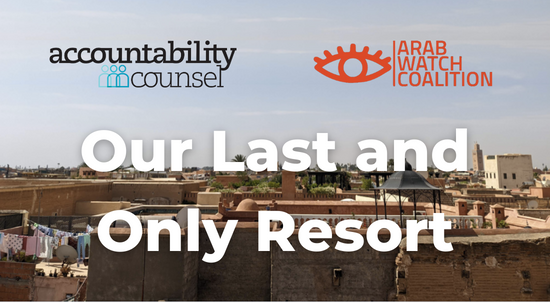 12 September 2022
12 September 2022New Report, Our Last and Only Resort, Examines What Happens When Development Goes Wrong in the Middle East and North Africa
Drawing on over 20 years of complaint and project data across the region, and first-hand accounts from nearly a dozen communities across five countries, our new report, co-authored by Accountability Counsel and the Arab Watch Coalition, finds that communities in the MENA face disproportionately severe limitations on access to accountability and remedy from harm. -
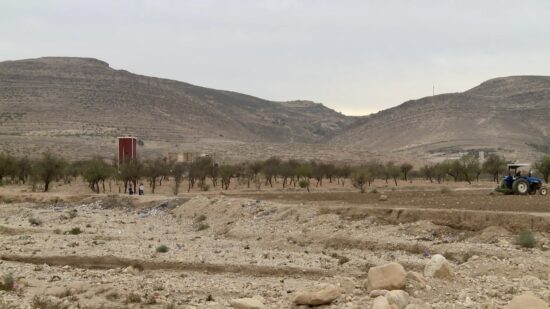 7 September 2022
7 September 2022What happens when development goes wrong in the MENA? Part 1
The MENA region has the fewest complaints to IAMs, and extremely low rates of those complaints reaching outputs from the process. Our upcoming report, Our Last and Only Resort, set to launch next week, details important findings about why complaints in the MENA region fall short relative to other regions. The report draws on research from 20 years of complaint and project data, and nearly a dozen interviews with groups in the MENA about their experiences in IAM complaint processes. This article provides a look at the complaint and project data that first waved a red flag about the implications of uneven IAM complaints for communities experiencing harm from projects in the MENA. -
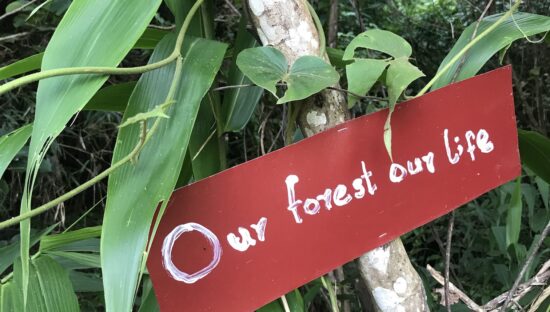 1 August 2022
1 August 2022What Accountability Mechanisms Tell Us About Greenwashing
Many projects claim to help the environment, but what kinds of harmful impacts are hidden beneath the guise of eco-friendly objectives?

